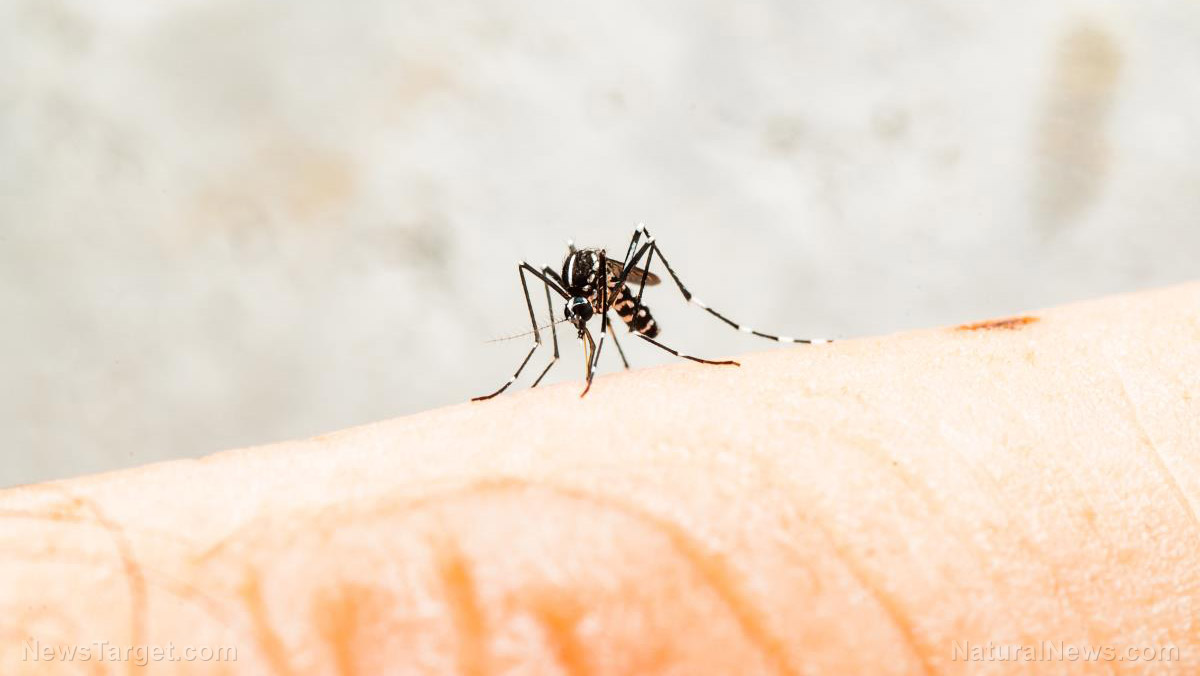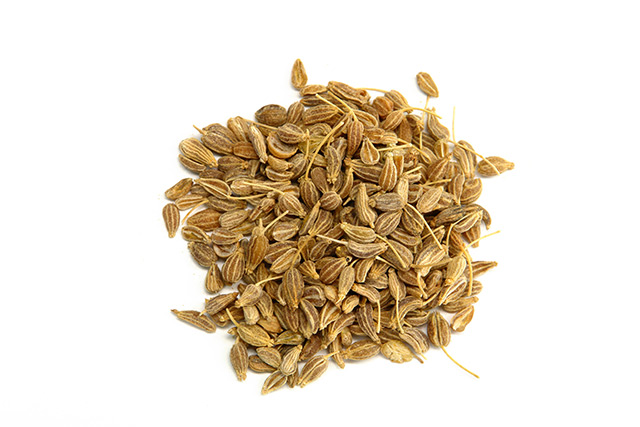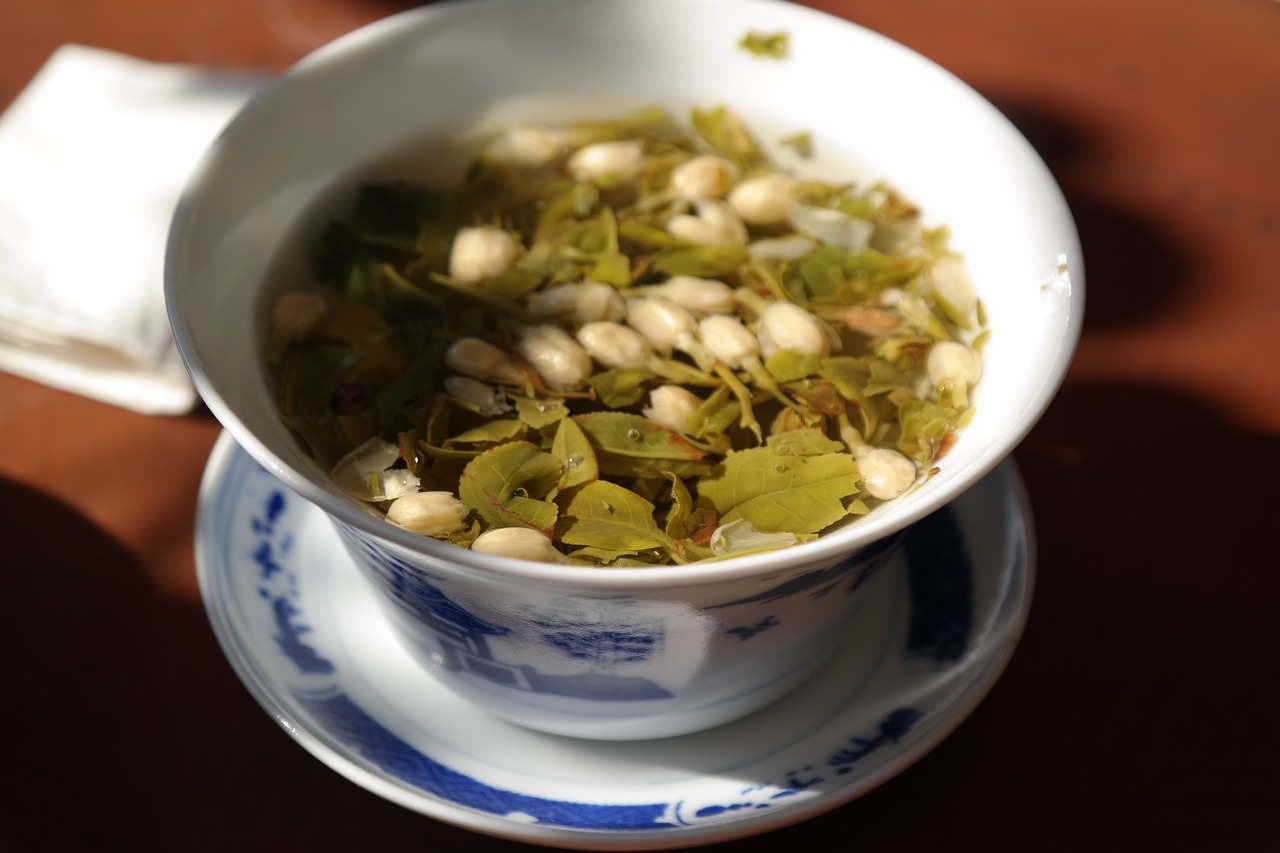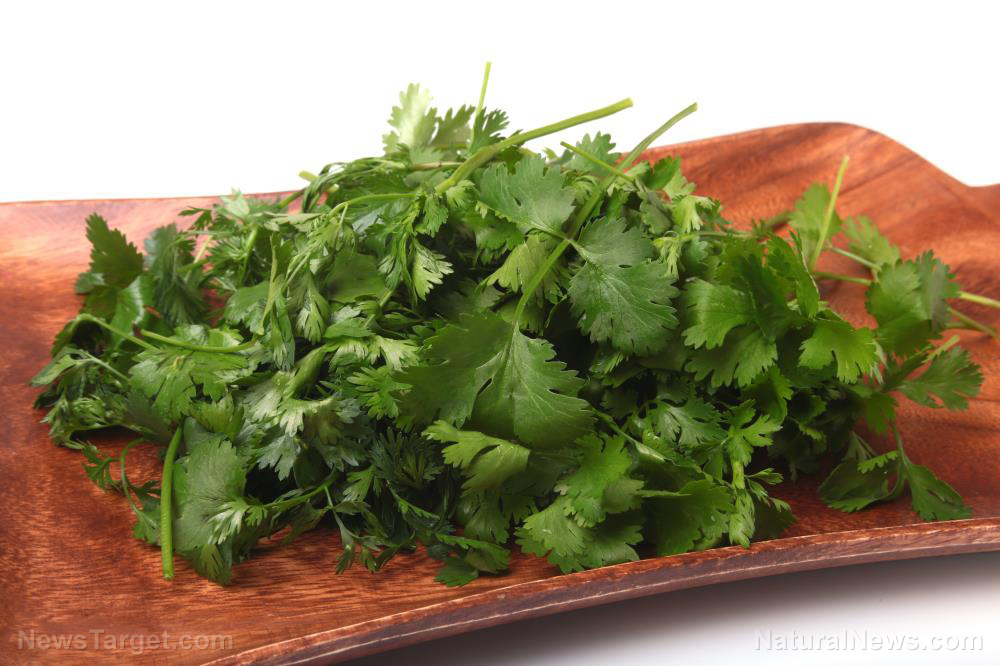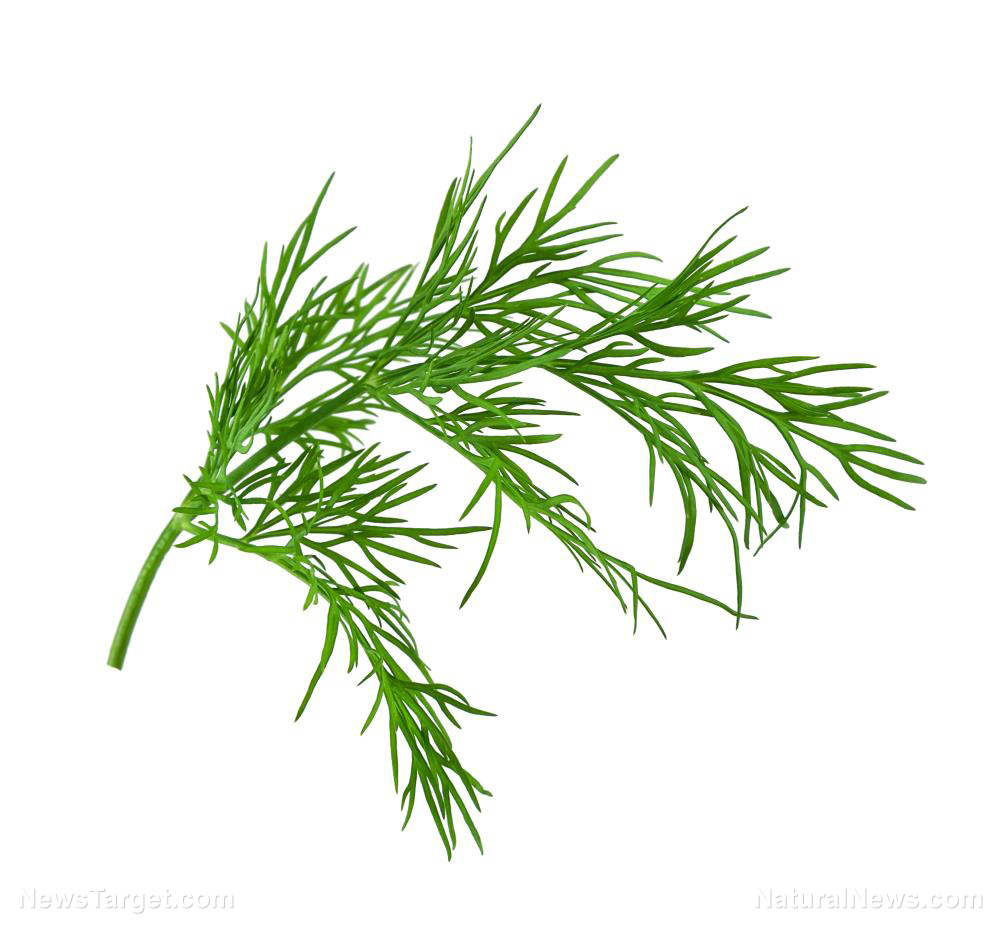Consuming a diet rich in tomatoes may help prevent skin cancer
09/14/2017 / By Rhonda Johansson
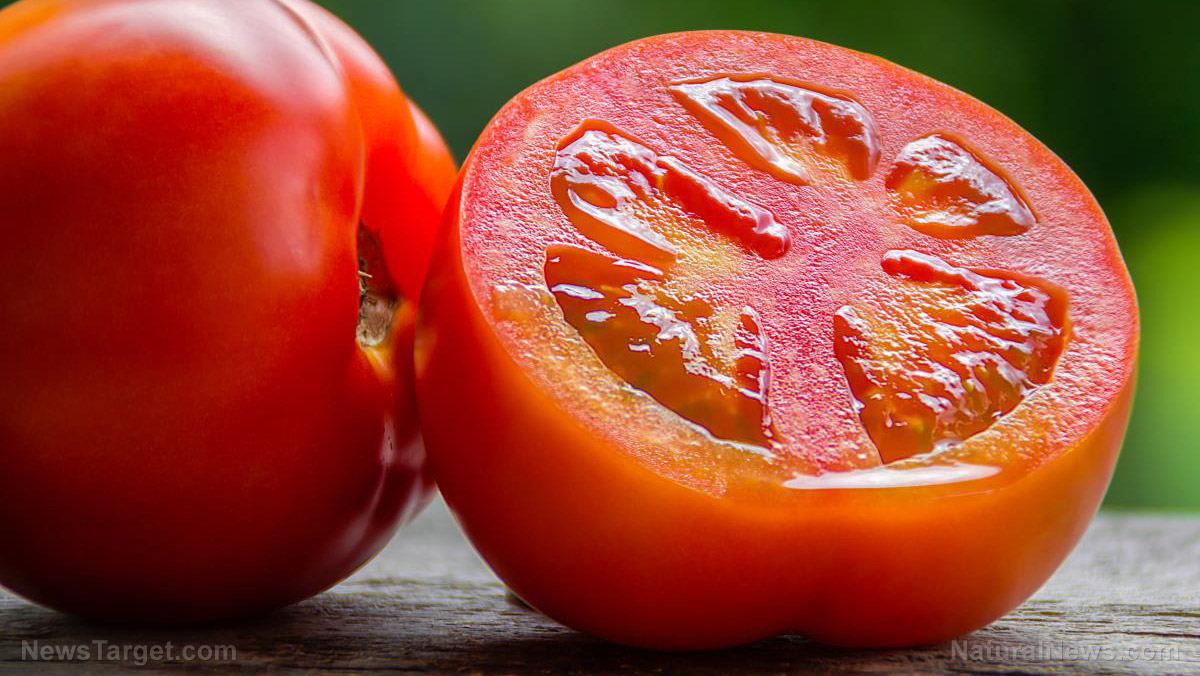
A compelling new study implies the use of food as medicine. Researchers from the Ohio State University said that daily tomato consumption can reduce the risk of developing skin cancer by half, but only if you’re a male. Females, it was noted, showed no statistically significant difference between tomato intake and skin cancer risk.
“The study showed us that we do need to consider sex when exploring different preventive strategies [for cancer],” senior author, Tatiana Oberyszyn said on ScienceDaily.com. “What works in men may not always work equally well in women and vice versa.”
The team used animal models to determine the efficacy of the superfood as a preventive measure against certain types of cancer. It was found that mice who were fed a diet of 10 percent tomato powder over a course of 35 weeks were 50 percent less likely to develop skin cancer tumors when exposed to ultraviolet light. Interestingly, scientists saw no difference in female mice, although they noted that skin cancer tumors in males tended to be bigger and more aggressive. Previous conclusions on this relationship highlighted the importance of the primary carotenoid in tomatoes, lycopene, which gives the fruit its characteristic color. Oberyszyn and her team, however, believe that there may be other factors at play.
The Ohio State researchers saw that male mice fed dehydrated red tomatoes measured the most significant reduction in tumor growth. Mice fed with tangerine tomatoes (which have a higher amount of bioavailable lycopene compared to their dehydrated counterparts) did exhibit less tumor growth, but at a rate that was negligible when placed next to the control group. Co-author Jessica Copperstone has stated that such findings imply a previously unresearched area of symbiosis between compounds. She concluded that more research needs to be done on other tomato compounds from lycopene, and how they interact with each other, on health.
This data, she said, could lead to better preventive and treatment options for skin cancer. She explains, “alternative methods for systemic protection, possibly through nutritional interventions to modulate risk for skin-related diseases, could provide a significant benefit. Foods are not drugs, but they can possibly, over the lifetime of consumption, alter the development of certain diseases.”
Like vs. like: Why the same compound that makes tomatoes red is good for fighting inflammation
Consider basic physics and magnetism. Science tells us that like forces repel. While its applications are mostly discussed in terms of objects, the same principle can be applied in alternative medicine as well. Wellness experts (and slowly, medical professionals) have seen that certain food items can be used to alleviate symptoms of illnesses that are of a similar nature. Using this study as an example, we can see that a specific compound that gives tomatoes its rich color is effective in soothing symptoms in the body that are normally caused by inflammation.
Skin cancer, which is caused by an overexposure to ultraviolet light, causes the outer layer (or epidermis) to burn. Repeated and excessive sloughing of skin cells by radiation can force cells to mutate and develop into tumors. Lycopene can reduce irritation (and redness) caused by the exposure, consequently reducing the risk of cancer.
In an update on the potential health benefits of lycopene on cancer, medical experts concluded that daily and ample intake of lycopene can reduce the incidence of various forms of cancer, particularly prostate, lung, and stomach. There is strong epidemiological evidence that proves lycopene to be efficacious in cancer prevention.
The Dietary Guidelines for Americans suggest eating around a third of a cup of fresh, organic tomatoes every day.
Learn more about tomatoes at Naturalpedia.com.
Sources include:
Tagged Under: food as medicine, lycopene, men's health, natural remedies, skin cancer, tomato


